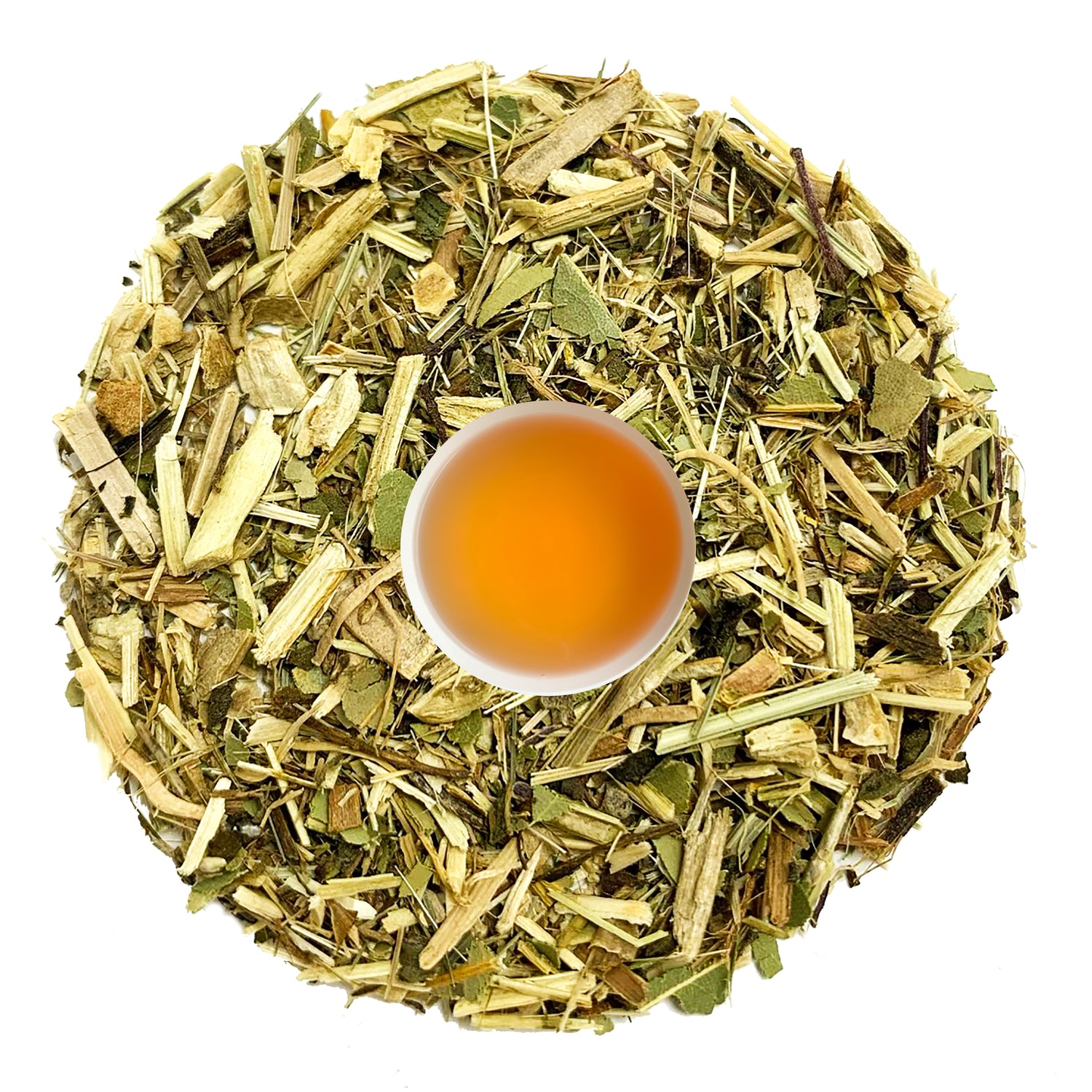
Moringa Tea for Digestion: How It Supports Gut Health
Moringa tea has been revered for centuries as a natural remedy for various ailments, but its benefits for digestion and gut health are gaining significant attention. Packed with essential nutrients, antioxidants, and anti-inflammatory compounds, moringa tea offers a gentle yet effective way to promote digestive wellness. In this article, we’ll explore how moringa tea supports gut health, backed by research, and how you can incorporate it into your daily routine.
Understanding the Digestive Benefits of Moringa Tea
Moringa tea is derived from the leaves of the Moringa oleifera tree, a superfood known for its impressive nutritional profile. The tea contains key bioactive compounds that aid digestion, including:
- Polyphenols and Antioxidants – Help reduce oxidative stress in the gut, which can improve digestive function.
- Isothiocyanates – Exhibit anti-inflammatory and antibacterial properties, which may help prevent digestive infections.
- Fiber – Though present in moringa leaves more than in tea, fiber supports healthy bowel movements and gut microbiota.
- Essential Vitamins (A, C, E, and B-complex) – Help maintain the health of the gut lining and support enzymatic digestion.
How Moringa Tea Supports Gut Health
1. Helps Reduce Inflammation in the Gut
Chronic inflammation in the digestive system can lead to issues like bloating, indigestion, and irritable bowel syndrome (IBS). Moringa tea contains isothiocyanates, which have been shown to reduce inflammation in the gut lining, promoting a healthier digestive tract. Studies suggest that moringa’s anti-inflammatory properties may help individuals with colitis or gastritis source.
2. Aids in Digestion and Prevents Constipation
Moringa tea is rich in compounds that stimulate digestion by enhancing the secretion of digestive enzymes. It also contains mild laxative properties that can prevent constipation and promote regular bowel movements. According to research, moringa’s natural fiber and antioxidants can support gut motility and ease digestive discomfort source.
3. Supports a Healthy Gut Microbiome
A balanced gut microbiome is crucial for digestion, immunity, and overall health. Moringa’s polyphenols act as prebiotics, feeding beneficial gut bacteria and promoting a diverse microbiome. Regular consumption of moringa tea may contribute to a healthier gut flora, which aids in digestion and nutrient absorption.
4. Protects Against Ulcers and Acid Reflux
Moringa tea has been found to help protect against stomach ulcers and reduce acid reflux symptoms by strengthening the gut lining. The flavonoids and anti-inflammatory compounds in moringa can help lower the risk of gastric ulcers and calm an irritated stomach source.
5. Detoxifies the Digestive System
Moringa has natural detoxifying properties, which help flush out toxins and improve liver function. By supporting liver health, moringa tea indirectly enhances digestion, as the liver plays a key role in breaking down fats and eliminating waste.
How to Use Moringa Tea for Better Digestion
- Drink a cup of moringa tea after meals to support digestion and ease bloating.
- Combine it with ginger or peppermint for enhanced digestive benefits.
- Consume it daily for long-term gut health improvement.
- Use it as a caffeine-free alternative to coffee for gentle digestive support.
Where to Get High-Quality Moringa Tea
For the best digestive benefits, choose organic, high-quality moringa tea like our Danfe Moringa Tea, made from pure moringa leaves for maximum health benefits
FAQs
1. Can I drink moringa tea on an empty stomach?
Yes, moringa tea is gentle on the stomach and can be consumed on an empty stomach to aid digestion and detoxification.
2. How often should I drink moringa tea for digestion?
Drinking 1-2 cups daily is recommended for maintaining digestive health.
3. Can moringa tea help with bloating?
Yes, moringa tea has anti-inflammatory and digestive properties that help reduce bloating and support a healthy gut.
4. Does moringa tea have probiotics?
While moringa tea does not contain probiotics, it acts as a prebiotic, supporting the growth of beneficial gut bacteria.










